SNAP Asks PA Delegation to Help Prevent Attempt to Undermine 340B
Pharmaceutical companies are attempting to prevent safety-net hospitals and others from receiving the full benefits of the section 340B prescription drug discount program and the Safety-Net Association of Pennsylvania has asked of the state’s congressional delegation to sign a congressional letter to Health and Human Services Secretary Alex Azar asking to him intervene and stop the pharmaceutical companies.
 In asking members of the delegation to sign onto the bipartisan letter, SNAP notes that
In asking members of the delegation to sign onto the bipartisan letter, SNAP notes that
The 340B program is essential for Pennsylvania’s safety-net hospitals, other qualified Pennsylvania providers, and others like us throughout the country, enabling us to obtain discounts on prescription drugs we dispense on an outpatient basis to qualified, low-income patients. The program greatly enhances the ability of hospitals to serve their low-income patients and does not cost taxpayers a single dime, but in recent weeks several pharmaceutical companies have taken steps to prevent hospitals from receiving the prescription drug discounts that Congress clearly intended when it created the 340B program nearly 30 years ago.
Learn more about the 340B problem and what SNAP and others are asking Secretary Azar to do to help in this SNAP message to members of Pennsylvania’s congressional delegation.
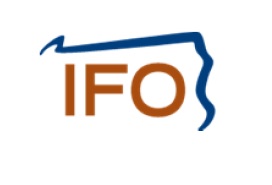 Independent Fiscal Office
Independent Fiscal Office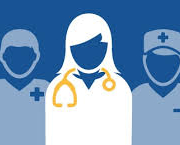 Reminder: Applications are currently open for Phase 2 general distribution funding for Medicaid, Medicaid managed care, the Children’s Health Insurance Program (CHIP), dental providers, certain Medicare providers, and assisted living facilities. All groups have until September 13, 2020 to submit their tax identification number for validation and apply for funding from the phase 2 general distribution. Go
Reminder: Applications are currently open for Phase 2 general distribution funding for Medicaid, Medicaid managed care, the Children’s Health Insurance Program (CHIP), dental providers, certain Medicare providers, and assisted living facilities. All groups have until September 13, 2020 to submit their tax identification number for validation and apply for funding from the phase 2 general distribution. Go  CMS has updated the article “Quarterly Update for Clinical Laboratory Fee Schedule and Laboratory Services Subject to Reasonable Charge Payment” in its online publication MLN Matters to reflect
CMS has updated the article “Quarterly Update for Clinical Laboratory Fee Schedule and Laboratory Services Subject to Reasonable Charge Payment” in its online publication MLN Matters to reflect 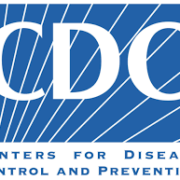 In three documents the CDC has advised states to be ready to begin distributing COVID-19 vaccines as early as late October or early November.
In three documents the CDC has advised states to be ready to begin distributing COVID-19 vaccines as early as late October or early November.
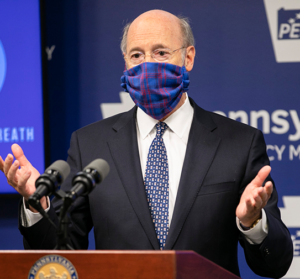 Governor Wolf has signed a second renewal of his 90-day disaster declaration for the COVID-19 pandemic. This declaration provides for increased support for state agencies involved in the continued response to the virus and recovery during reopening, including expediting supply procurement and lifting certain regulations to allow for efficient and effective mitigation. The disaster declaration also has facilitated waivers and extensions to support Pennsylvanians, Pennsylvania businesses, and Pennsylvania caregivers during the pandemic. Learn more from
Governor Wolf has signed a second renewal of his 90-day disaster declaration for the COVID-19 pandemic. This declaration provides for increased support for state agencies involved in the continued response to the virus and recovery during reopening, including expediting supply procurement and lifting certain regulations to allow for efficient and effective mitigation. The disaster declaration also has facilitated waivers and extensions to support Pennsylvanians, Pennsylvania businesses, and Pennsylvania caregivers during the pandemic. Learn more from  The
The 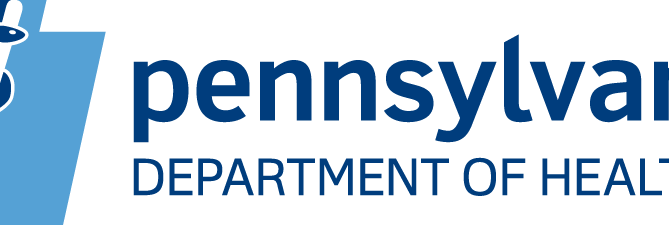

 In the guidance, the Centers for Medicare & Medicaid Services explains that because of several court rulings, states can decide for themselves whether to offset third-party payer payments from costs in their Medicaid DSH calculations for periods prior to June 2, 2017 but that beginning with that date, CMS will enforce its own interpretation of the policy.
In the guidance, the Centers for Medicare & Medicaid Services explains that because of several court rulings, states can decide for themselves whether to offset third-party payer payments from costs in their Medicaid DSH calculations for periods prior to June 2, 2017 but that beginning with that date, CMS will enforce its own interpretation of the policy. Governor Wolf has presented his fall legislative agenda. Among his proposals, he called for $225 million for hazard pay for frontline workers; $10 million for a personal protective equipment reimbursement program for small businesses; and $250 million for child care for families with school-age children in need of care because of blended or remote in-person instruction models. Learn more about these and other aspects of the governor’s proposal
Governor Wolf has presented his fall legislative agenda. Among his proposals, he called for $225 million for hazard pay for frontline workers; $10 million for a personal protective equipment reimbursement program for small businesses; and $250 million for child care for families with school-age children in need of care because of blended or remote in-person instruction models. Learn more about these and other aspects of the governor’s proposal  The Department of Health has unveiled “CATE” (Community-Accessible Testing and Education”), a recreational vehicle that has been equipped as a mobile COVID-19 testing and education unit that will travel the state offering free COVID-19 tests and education in medically underserved communities in 16 counties. Established and operated by the organization Latino Connection, staffed by the Welsh Mountain Health Centers, and funded in part by the state, Highmark, and Independence Blue Cross, CATE has more than 30 stops scheduled during September, the first half of them in the Philadelphia area and then moving westward across the state. Appointments are not needed and CATE’s tests will be performed by the state’s lab in Exton, which is producing results in 24 to 48 hours. Learn more about CATE, its origins, and its scheduled stops in this Department of Health
The Department of Health has unveiled “CATE” (Community-Accessible Testing and Education”), a recreational vehicle that has been equipped as a mobile COVID-19 testing and education unit that will travel the state offering free COVID-19 tests and education in medically underserved communities in 16 counties. Established and operated by the organization Latino Connection, staffed by the Welsh Mountain Health Centers, and funded in part by the state, Highmark, and Independence Blue Cross, CATE has more than 30 stops scheduled during September, the first half of them in the Philadelphia area and then moving westward across the state. Appointments are not needed and CATE’s tests will be performed by the state’s lab in Exton, which is producing results in 24 to 48 hours. Learn more about CATE, its origins, and its scheduled stops in this Department of Health 

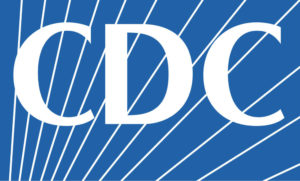
 The Wolf administration’s
The Wolf administration’s 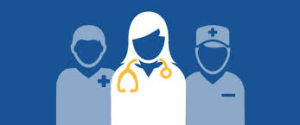 HHS announced that it will distribute $1.4 billion in CARES Act Provider Relief Fund grants to nearly 80 free-standing children’s hospitals. Qualifying children’s hospitals must be either an exempt hospital under CMS’s Medicare inpatient prospective payment system or be a HRSA-defined Children’s Hospital Graduate Medical Education facility. Eligible hospitals will receive 2.5 percent of their net revenue from patient care. Qualifying free-standing children’s hospitals will begin receiving grants next week. Learn more from this
HHS announced that it will distribute $1.4 billion in CARES Act Provider Relief Fund grants to nearly 80 free-standing children’s hospitals. Qualifying children’s hospitals must be either an exempt hospital under CMS’s Medicare inpatient prospective payment system or be a HRSA-defined Children’s Hospital Graduate Medical Education facility. Eligible hospitals will receive 2.5 percent of their net revenue from patient care. Qualifying free-standing children’s hospitals will begin receiving grants next week. Learn more from this